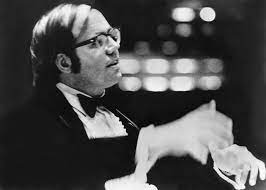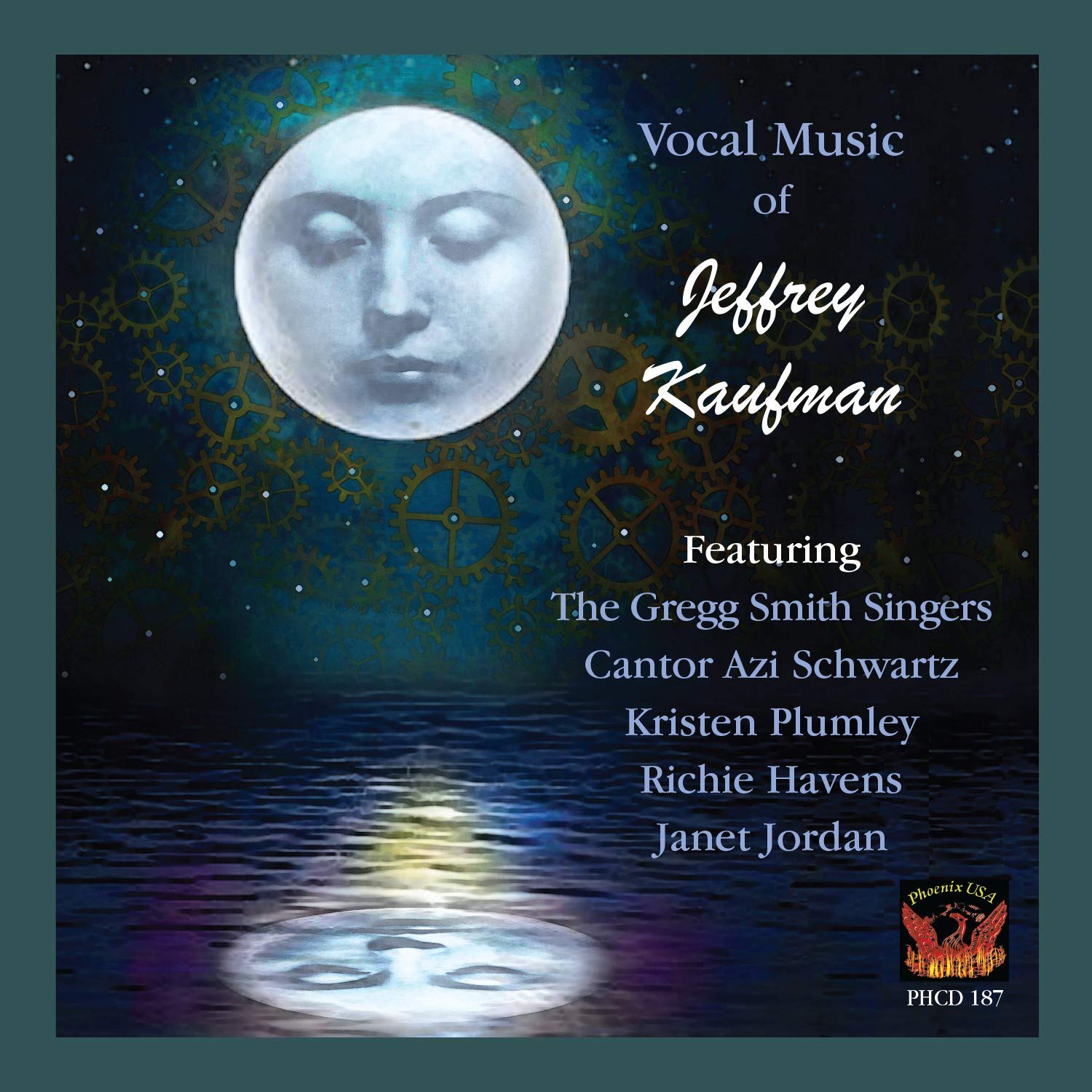
Smith, Gregg
This noted conductor and gifted composer contributed greatly to the development of contemporary music through the formation of his chamber choir and other musical activities. Smith enrolled at the University of California at Los Angeles, where he studied composition with Leonard Stein, Lukas Foss, and Ray Moreman and conducting with Fritz Zweig. In 1956, Smith earned his master’s degree. Subsequently, he taught at Ithaca College, the State University of New York (S.U.N.Y.), Stony Brook, the Peabody Conservatory, Barnard College, and at the Manhattan School of Music.
In 1955, he founded the professional chamber choir known as the Gregg Smith Singers, at first based in Los Angeles and then moving to New York in 1970. This remarkably skilled ensemble has been responsible for many premieres of contemporary works, as well as revivals of early American music. Their repertoire has included the premieres of Igor Stravinsky’s Requiem Canticles and William Duckworth’s Southern Harmony; the complete choral works of Arnold Schoenberg and Elliott Carter; revivals of works by Charles Ives and William Billings; as well as pieces by Edwin London, Blas Galindo, Jorge Córdoba, Harold Blumenfeld, Irving Fine, Morton Gould, William Schuman, Ned Rorem, and other moderns; and classics by Giovanni Gabrieli and Heinrich Schütz. Their recording entitled America Sings traced American choral music from 1620 to the present. There were also many (now out of print) recordings made on the group’s own label, GSS. Smith also worked as an editor for G. Schirmer publishers to put out a series of contemporary American choral works under the Gregg Smith Choral Series.
Smith’s composition interests primarily focused on the creation of vocal music. His output included two operas; about 30 choral works, including The Continental Harmonist, Ballet on William Billings for Chorus and Small Orchestra; the exquisite Magnificat; more than 50 songs, hundreds of choral arrangements; and also instrumental works for chamber ensembles. His musical language was chiefly oriented toward tonal expression, but he employed serialist procedures, speech, and extended vocal techniques to achieve certain effects.
